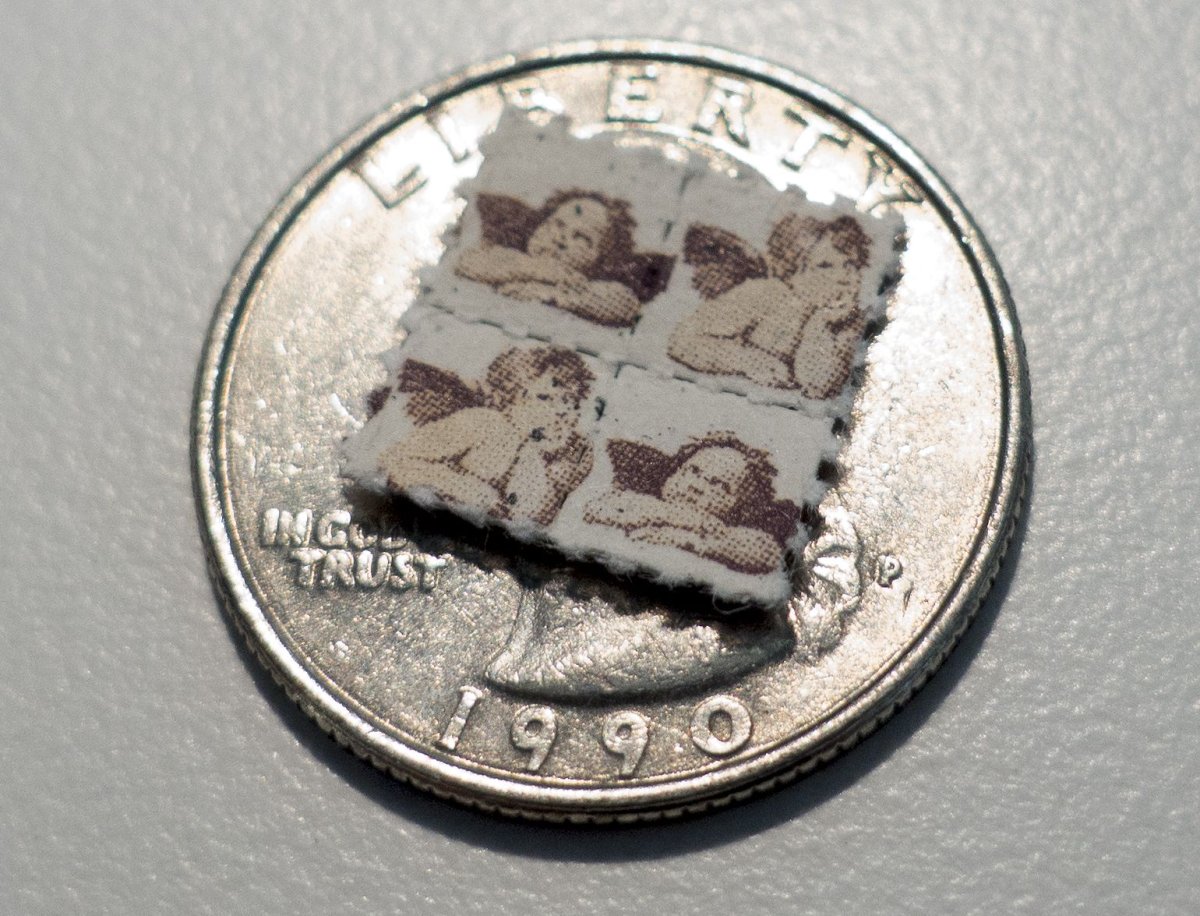Psychedelic drugs are able to prompt brain cells in rats and flies to grow and better connect with one another. This finding further upholds the drugs' potential use in treating a number of mental health conditions such as depression and addiction, according to a new study.
The study, published online Tuesday in Cell Reports, studied the effects of psychedelic drugs on animal brain cells both in test tubes and in live models. The specific drugs used in the study were from the amphetamine, tryptamine and ergoline drug classes, and included LSD. When the brain cells were exposed to these drugs, they induced changes in the cells. For example, the brain cells grew more dendritic spines and synapses. These structural changes are known as neural plasticity.
This finding is important as past research suggests that depression may be associated with structural changes in the brain, Medical Xpress reported.
"One of the hallmarks of depression is that the neurites in the prefrontal cortex—a key brain region that regulates emotion, mood, and anxiety—those neurites tend to shrivel up," said study author David E. Olson, an assistant professor in the department of chemistry and the department of biochemistry and molecular medicine at the University of California, Davis, Medical Xpress reported. "These brain changes also appear in cases of anxiety, addiction, and post-traumatic stress disorder."

The changes in brain cells were similar to those observed in past research on ketamine. The traditional party drug has been noted for helping to relieve depression symptoms not by influencing brain chemicals, which is how typical antidepressants work, but by affecting brain plasticity, Scientific American reported. The common belief is that the drugs affect brain plasticity by promoting the growth of new neural connections.
If these drugs are able to restore or reverse these structural changes associated with depression and other mental health conditions, they may be a useful treatment option. However, the researchers involved do not foresee these specific psychedelic drugs being used to treat mental health conditions, but rather compounds that are closely inspired by the drugs. These drugs are also associated with a number of risks and dangers such as extreme mood changes and paranoia, Drug Free World reported.
The main challenge now lies in understanding what exactly is going on in the brain to lead to these neural plasticity changes.
"If we fully understand the signaling pathways that lead to neural plasticity, we might be able to target critical nodes along those pathways with drugs that are safer than ketamine or psychedelics," said Olson.
Uncommon Knowledge
Newsweek is committed to challenging conventional wisdom and finding connections in the search for common ground.
Newsweek is committed to challenging conventional wisdom and finding connections in the search for common ground.
About the writer
To read how Newsweek uses AI as a newsroom tool, Click here.








